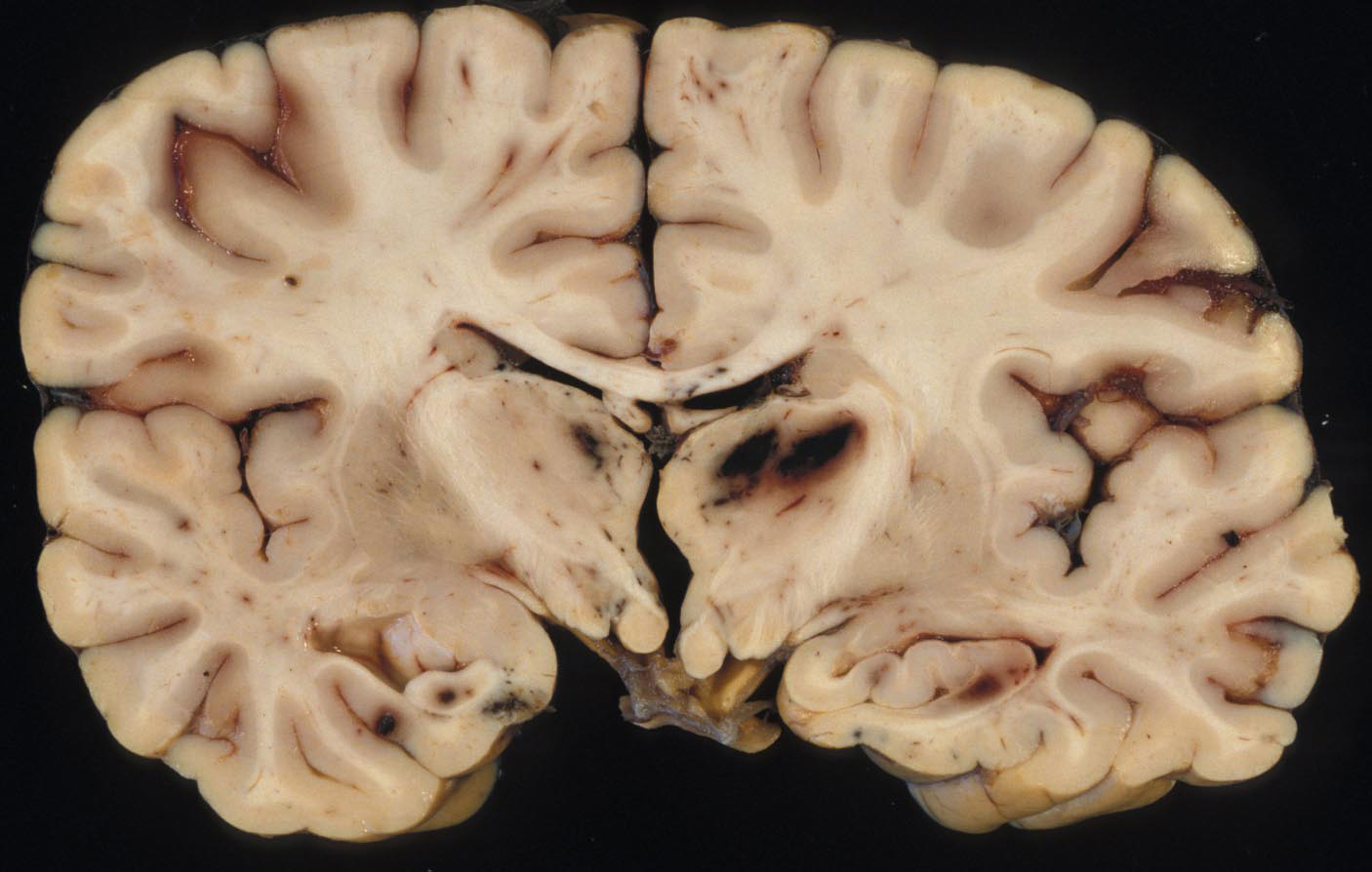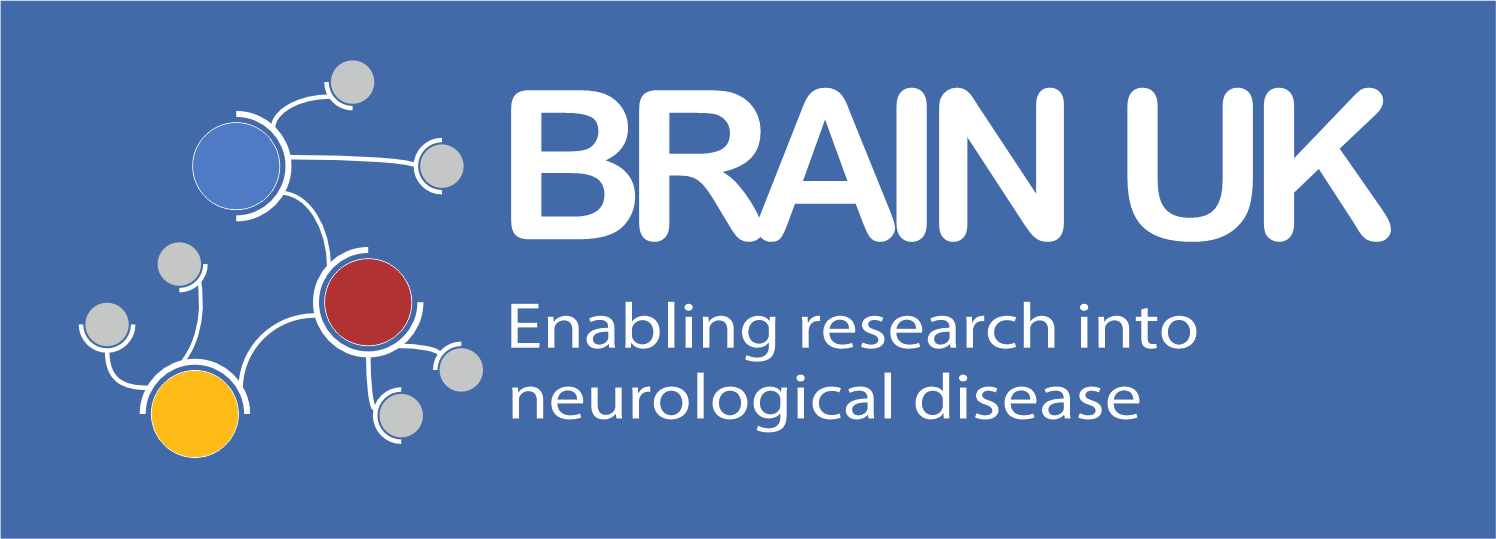
Brain UK study ref: 13/008,
Lay summary,
Project status: Closed
A post mortem study of progenitor cells following severe traumatic brain injury
Mr Anan Shtaya, University of Southampton
The impact of Traumatic Brain Injury (TBI) on both society and the individual is high. There is currently no specific treatment available for TBI other than supportive care, but aggressive pre-hospital resuscitation, rapid triage, and intensive care have reduced mortality rates. There is a growing body of evidence that progenitor/stem cells play a central role in TBI. Furthermore, cell death and inflammatory changes may regulate progenitor/stem cells production, survival and functional integration. However the mechanisms are poorly understood and more investigations are required to unveil the control mechanisms and/or perhaps the role of the stem cell and its niche in the traumatized brain. TBI may also cause degrees of cognitive impairment in affected subjects which may be related to hippocampal stem cells malfunction which requires investigations. It is obvious that rodent studies point towards a possible beneficial role for stem cells in TBI. Therefore, our aim is to establish the rate of stem cell proliferation and survival in peri-lesional and hippocampus of post mortem tissue from five TBI patients. This will be compared with samples from five non-TBI specimens. We hope this pilot study will help improve our understanding of the role of stem cells in head injury and help the development of future treatments.
